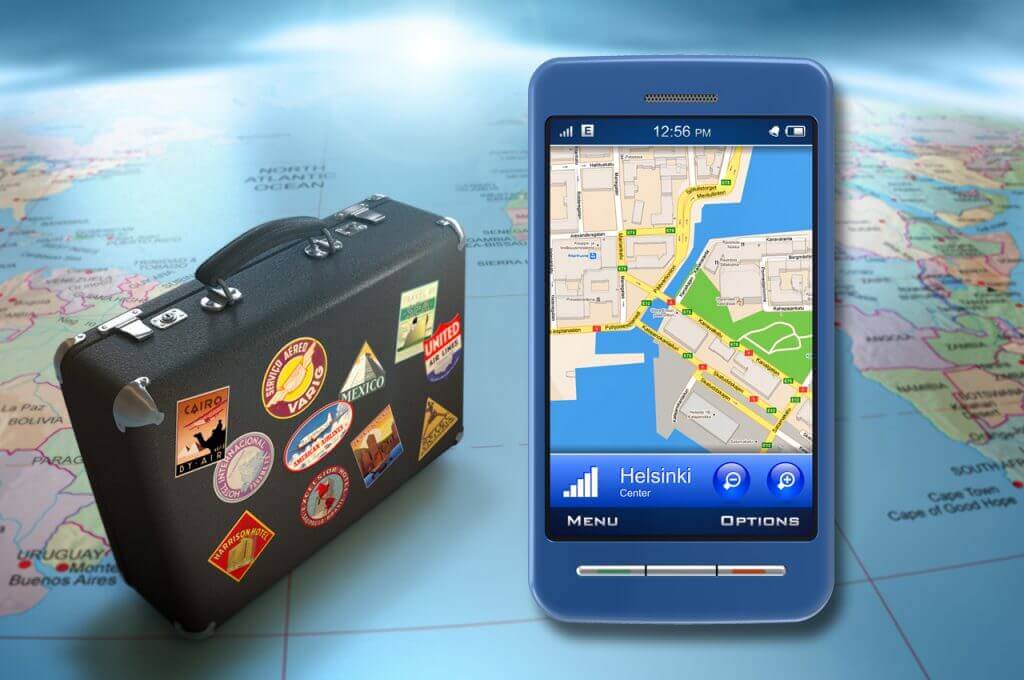
Facebook launched its City Guides feature last month, giving even more credibility to the idea that mobile devices’ importance to hotel distribution will only grow. Facebook’s new offering in particular is intriguing because of its location-specific content for travelers, its massive user base and, most importantly, a “book now” feature for hotels that already had booking functionality on their brand pages.
While these benefits undoubtedly appeal to hotels, I would temper the industry’s enthusiasm for Facebook City Guides by pointing out that it will be just one of many options for pursuing a mobile-booking strategy. At least for the moment, hotels are not going to find a single “killer app.” There are too many innovators in this arena — from Google and Facebook, to TripAdvisor, to the online travel agencies — for there to be a category killer any time soon.
That’s not necessarily a bad problem to have. The most prudent strategy for mobile booking is to continually evaluate all these emerging products. Every hotel will have a different optimal cost of acquisition and return on advertising spend.
Once the platform with the best mix of those costs is identified, a hotel can align marketing and pricing strategies to drive more traffic to that platform.
However this space shakes out will also have an impact on hotels’ decisions regarding loyalty programs, development of their own mobile apps, or their balance of direct bookings to partnerships with third parties.
Which Buttons to Push?
City Guides makes Facebook a more interesting distribution partner, but it’s premature to say it makes this network the strongest play in your hotel’s mobile-distribution strategy. Google is still significantly more influential with mobile search, and if it adds a book now feature to its Trips application — which can only be a matter of time — we’ll see Google and Facebook escalating the arms race in mobile for a long time.




